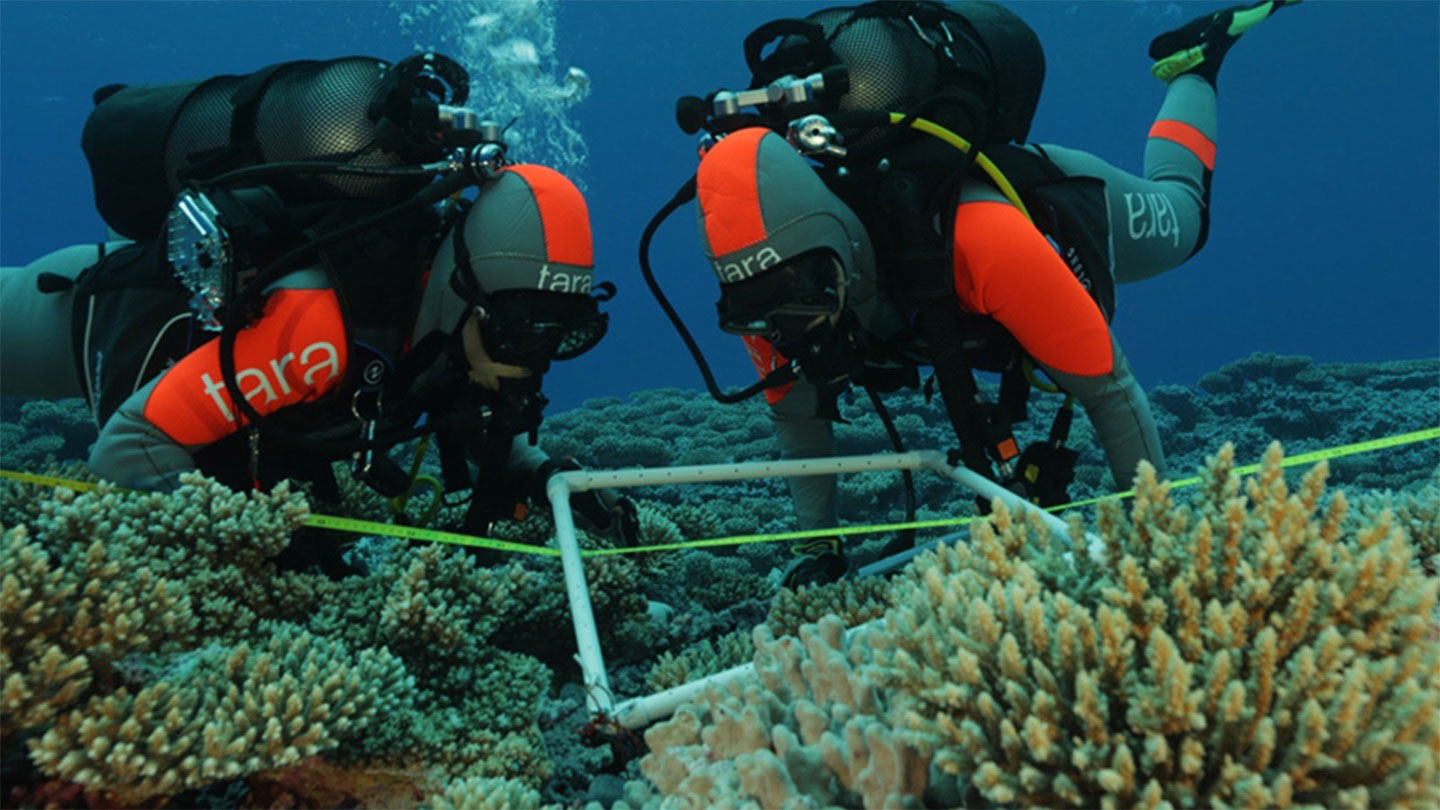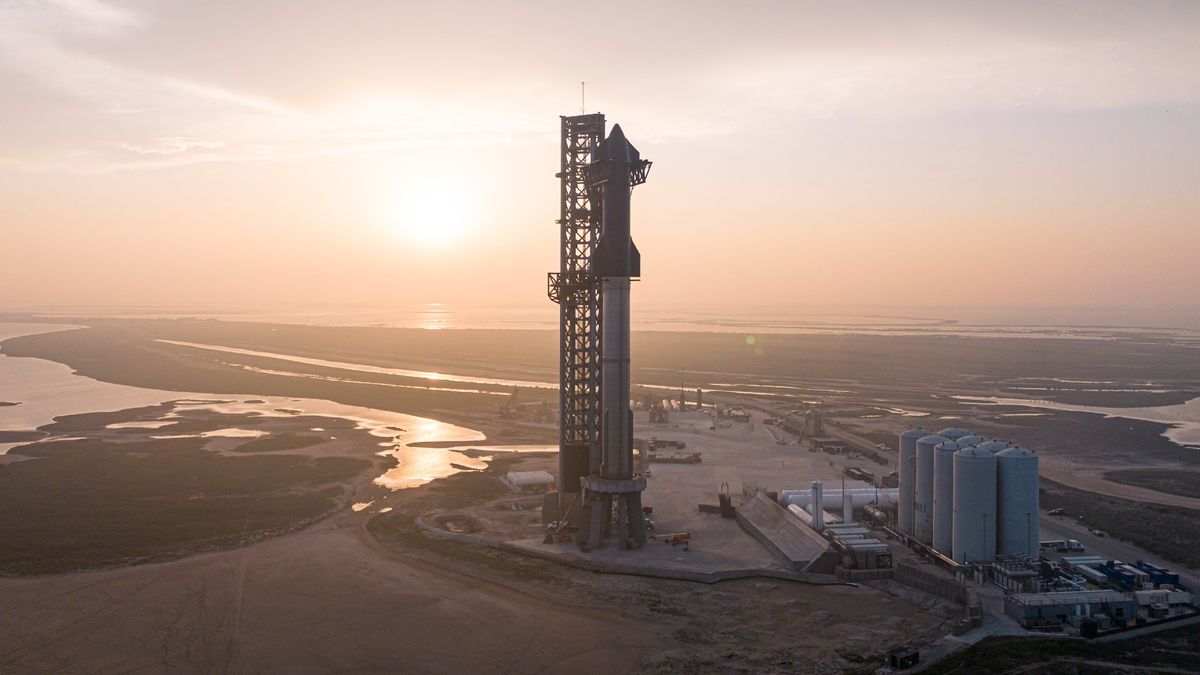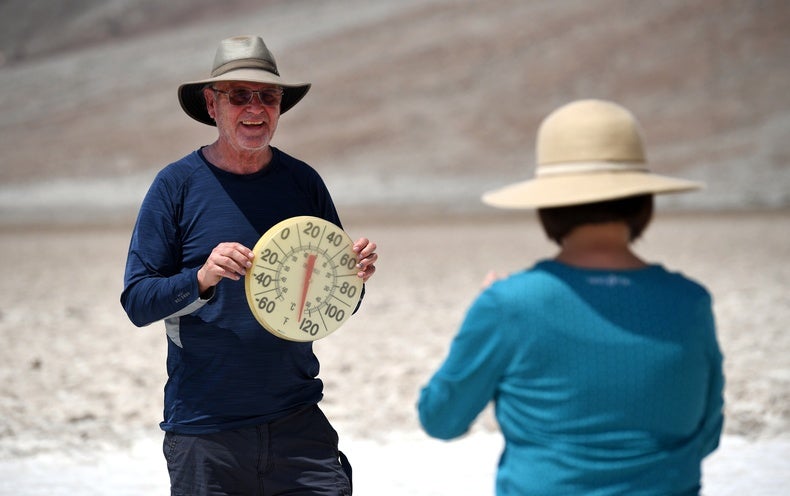A bee with the sensor attached
B. GLEICH, I. SCHMALE, T. NIELSEN, AND J. RAHMER, PHILIPS RESEARCH HAMBURG, GERMANY
A tiny sensor can work like a high-tech backpack for bees, tracking their position and temperature as they fly about. The sensor is so small that it could also be injected into a person’s body for monitoring what is going on inside.
Bernhard Gleich at Philips Research in Hamburg, Germany, and his colleagues created the 1-millimetre-sized sensor using two, tiny opposing magnetic spheres inside a cylindrical housing.
To wirelessly check the conditions the sensor is in, the researchers remotely excited the magnets with pulses of current from electromagnetic coils. The distance between the magnets, how much they oscillate and how much they expand and contract then helps the team gauge the sensor’s temperature, pressure and location.
In one experiment, the researchers dropped the sensor inside a long, winding tube to mimic the gastrointestinal tract. They then recorded its path and position in 3D.
The team then tried attaching the sensor to the back of a honeybee. The researchers could follow the bee’s journey while flying around and walking upside down in a box garnished with meadow flowers, allowing them to reconstruct the bee’s positions and flight path.
The researchers think that the sensor could be adapted for implanting into a person’s heart to measure arterial blood pressure, sticking into tumours to monitor their status or swallowing like a pill to gauge the health of the gastrointestinal tract and then excreted a couple of days later.
While there already are devices for each of these medical tasks, this sensor is particularly small, as well as wireless. “The deployment of the device is much less stressful and also much less costly [than other devices],” says Jürgen Rahmer, also at Philips Research and part of the team.
This is an “interesting small device”, says Peter Dobson at the University of Oxford. However, he says that it is still in the early stages of development.
The research team speculates that it will take another five to eight years for the applications to make their way through clinical trials and arrive at the front line. “We are now trying to push this closer to a product,” says Dahmer. “Which means our demonstrator has to become smaller, it has to be more reliable and user friendly.
Topics:














